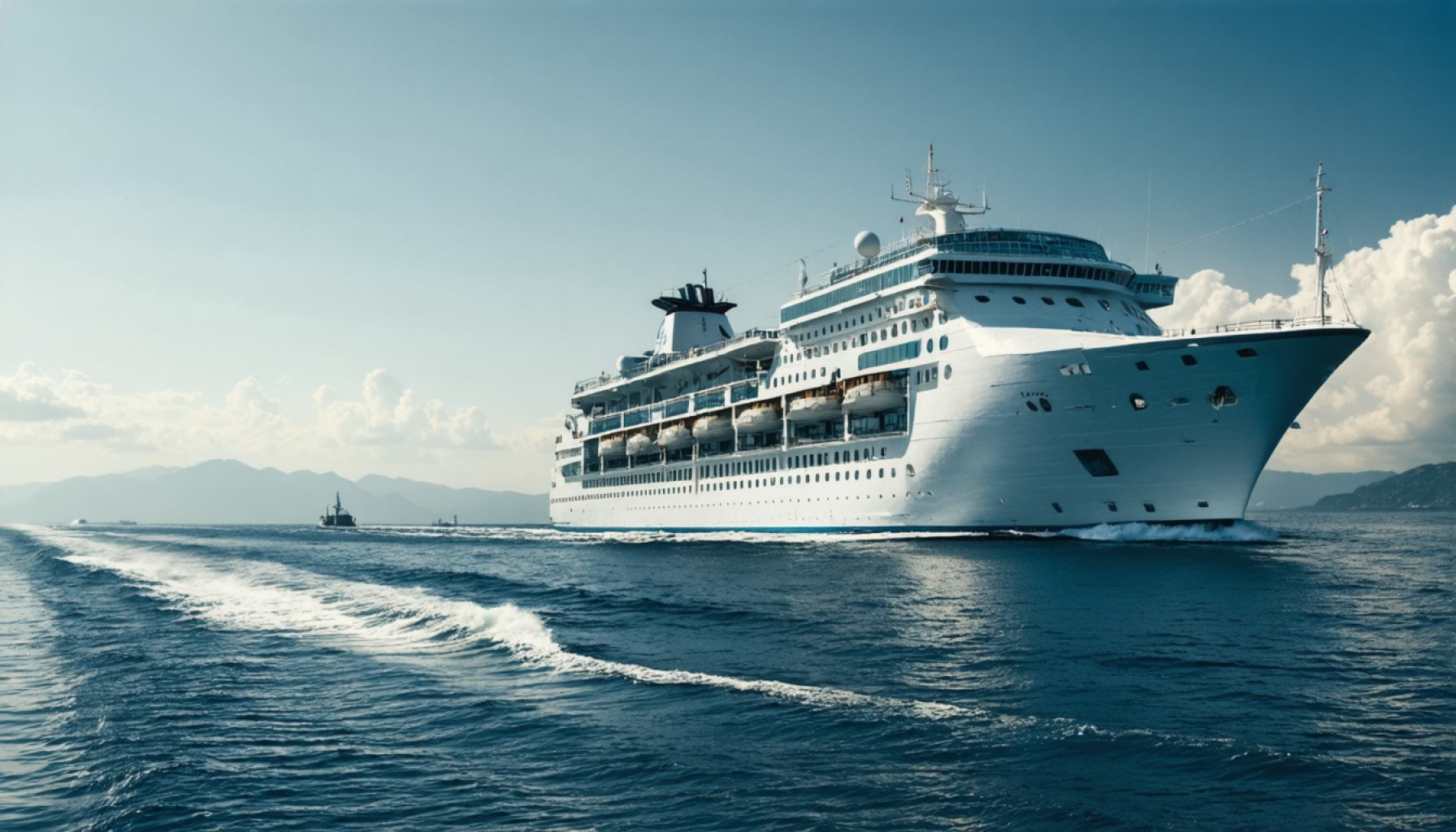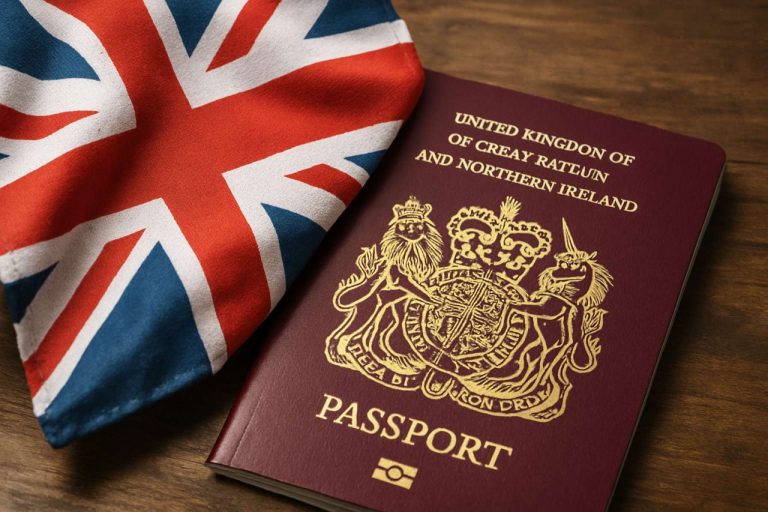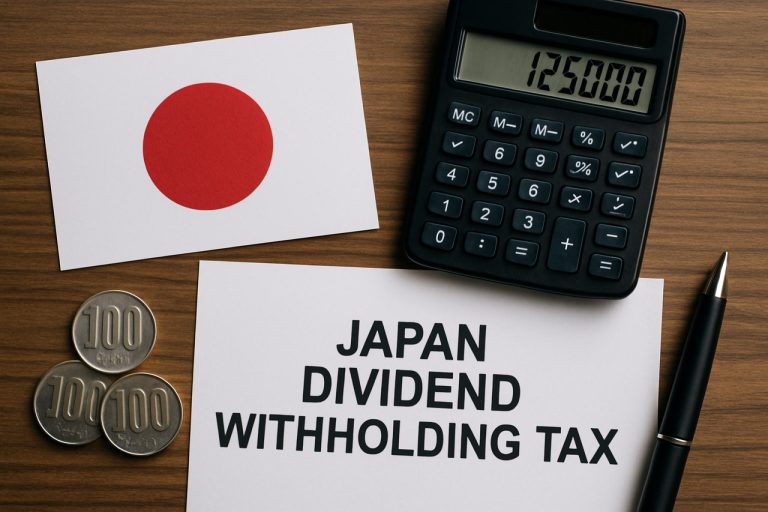
- Mizuho remains optimistic that fears of a cruise line tax hike are overstated, suggesting the scenario is unlikely to manifest soon.
- Commerce Secretary Howard Lutnick’s tax proposal on U.S. cruise operations stirred investor concerns, echoing a failed 2017 proposal.
- The brokerage believes any tax changes would require complex Congressional approval, delaying immediate implementation.
- Increased operational costs due to rising oil prices challenge cruise lines, despite the support of a post-pandemic travel boom.
- Mizuho emphasizes Carnival’s net operating losses as a potential buffer against possible tax impacts.
- Current stock dips may present investment opportunities, as they might overestimate the tax threat.
Amid swirling whispers of a looming tax hike on cruise lines, Mizuho casts a hopeful glance, indicating that fears surrounding potential tax increases on these maritime giants are more tempest than reality. Investors in Carnival, Royal Caribbean, and Norwegian Cruise Line have watched anxiously as stock prices dipped in response to these concerns. But Mizuho, like a seasoned mariner, navigates this storm with confidence.
The specter of taxation emerged when Commerce Secretary Howard Lutnick floated the idea of raising taxes on cruise companies. Such rhetoric sent shockwaves through the industry, recalling a similar proposal that floundered in 2017. Mizuho’s analysis suggests any definitive tax changes intertwine with Congress’s intricate approval process, making immediate action unlikely. The brokerage further downplays fears, positing that any potential new tax would likely only affect itineraries within the U.S., not global operations.
Moreover, as cruise lines cautiously navigate these turbulent waters, they already battle the wild currents of increased operational costs fueled by rising oil prices. Yet, their sails are buoyed by a thriving post-pandemic travel boom that lends strength to their stocks, despite recent setbacks.
Amid these challenges, Mizuho paints a picture of resilience. They highlight Carnival’s substantial net operating losses, a financial cushion potentially softening any forthcoming tax shock. The recent sell-off, they argue, may have prematurely incorporated the worst-case tax scenario.
With these insights, investing in cruise stocks today could be akin to purchasing a ticket for a journey not just fraught with challenges but replete with opportunities. Like navigating through a storm to find calm seas, savvy investors might view this current dip as their compass, pointing toward profitable horizons.
So, as the economic tides churn, the question remains: Will you ride the wave or risk missing the boat?
Will Cruise Stocks Weather the Storm of Potential Tax Changes?
Overview
The cruise industry finds itself in tumultuous waters as rumors swirl about potential tax hikes. Mizuho Securities, however, urges calm, downplaying immediate threats and suggesting potential tax increases may not significantly impact cruise companies’ global operations. Below, we delve deeper into aspects not covered in the initial report, providing investors and industry watchers with a comprehensive understanding of the cruise industry’s outlook.
How-To Steps & Life Hacks for Investors
1. Evaluate Financial Health: Before investing, examine financial statements of cruise companies like Carnival, Royal Caribbean, and Norwegian Cruise Line. Focus on net operating losses and cash reserves which may shield them from potential tax impacts.
2. Diversification: Consider diversifying your portfolio to include stocks from sectors less susceptible to proposed U.S.-only tax changes or operational cost fluctuations.
3. Stay Informed: Keep abreast of legislative developments regarding tax policies that could affect the cruise industry. Reliable sources include financial news outlets and government announcements.
Real-World Use Cases
– Travel Boom: Despite potential tax hikes, the industry’s recovery is propelled by a travel resurgence. Post-pandemic vacations are seeing increased demand, with cruise bookings showing robust growth, suggesting a positive demand cycle.
– Technological Adaptations: Companies are investing in technology to reduce fuel consumption and carbon emissions, aiding both cost savings and compliance with environmental regulations.
Market Forecasts & Industry Trends
– Revenue Growth: The cruise industry is projected to grow as travel demand continues. Deloitte forecasts a steady increase in cruise vacations, particularly in emerging markets like Asia.
– Sustainability: Environmental sustainability trends are pushing cruise lines to adopt greener technologies, which could lead to long-term cost savings and appeal to eco-conscious travelers.
Reviews & Comparisons
– Carnival vs. Royal Caribbean: Carnival’s larger fleet and net operating losses provide a cushion against potential taxes, whereas Royal Caribbean’s focus on luxury experiences might offer higher profit margins.
Controversies & Limitations
– Tax Reliability: While Mizuho downplays immediate tax threats, the potential changes still represent regulatory uncertainty, which could deter sensitive investors.
– Environmental Impact: Critics argue that cruise lines have significant environmental footprints, which remain a point of contention despite technological efforts.
Features, Specs & Pricing
– Cost of Cruising: Prices continue to vary widely based on luxury and route. Mid-range ships offer more economical options, while high-end cruises cater to affluent travelers.
Security & Sustainability
– Eco-Friendly Initiatives: Companies are employing cleaner fuel technologies and waste management systems to improve sustainability credentials.
Insights & Predictions
– Short-Term Volatility: Cruise stocks may experience short-term volatility due to tax speculation but could stabilize as policies clarify.
– Long-Term Growth: The travel sector’s recovery from the pandemic suggests a bright future, with investments in new ships and routes.
Tutorials & Compatibility
– Booking Systems: Most major cruise lines offer user-friendly online booking platforms, often compatible with travel apps for easy planning.
Pros & Cons Overview
Pros:
– Growing travel demand bolsters future bookings.
– Potential tax changes could have limited impact.
Cons:
– Regulatory uncertainty and rising operational costs present financial risks.
– Ongoing environmental criticisms might affect brand perception.
Conclusion: Actionable Recommendations
To navigate the choppy waters of the cruise industry:
– Monitor Legislative Developments: Stay updated on tax and regulatory changes.
– Diversify Investments: To mitigate risk, consider a diverse investment strategy.
– Focus on Sustainability: Look for companies investing in eco-friendly technologies as long-term winners.
For more industry insights and updates, visit Mizuho Americas. Consider these tips as you decide whether to ride the wave or steer clear until the storm passes.



